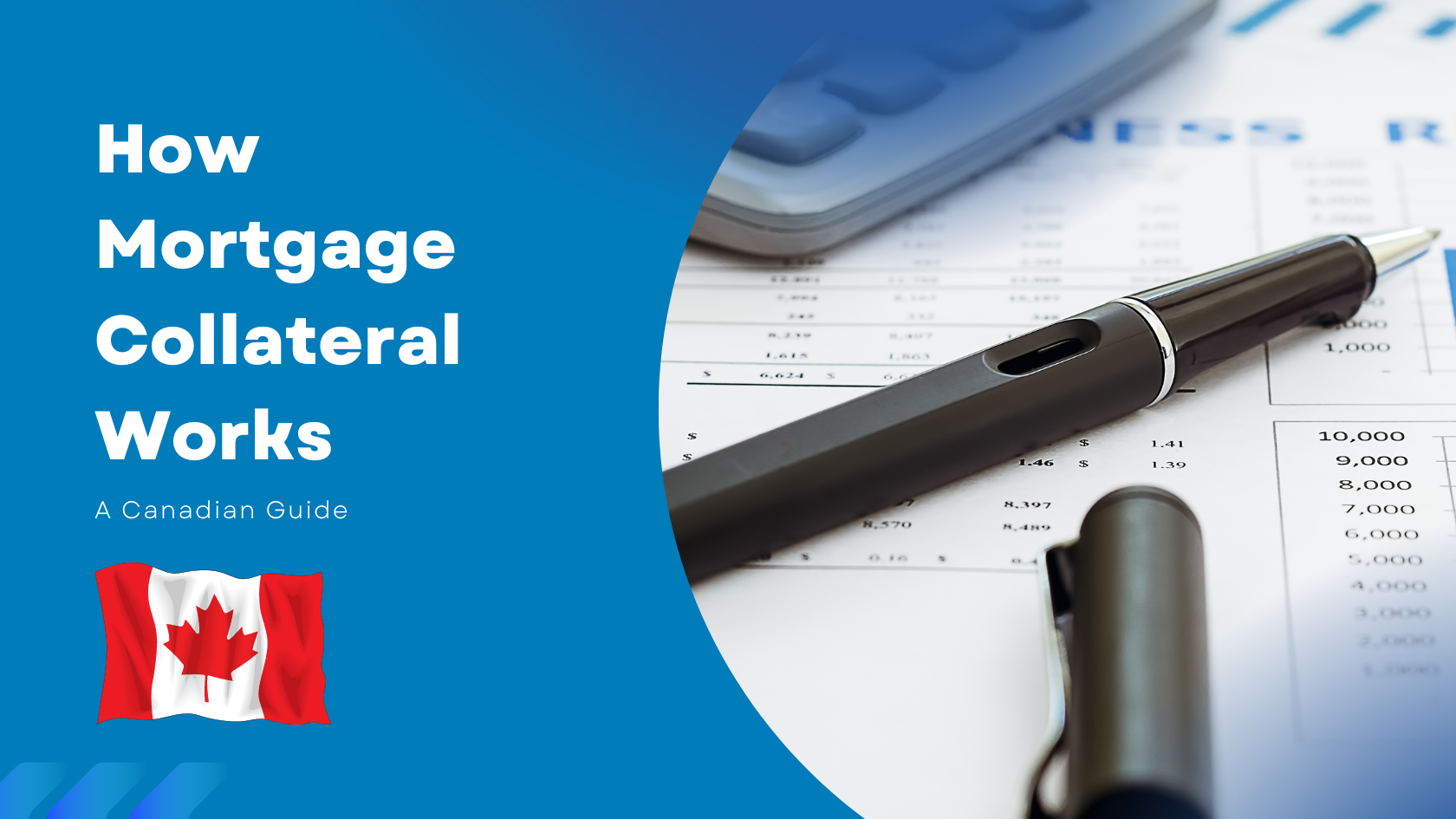Consider using the equity in your home to consolidate debts, complete renos and more. You can leverage the equity in your home to borrow money to pay for significant expenses or consolidate debts by getting a home equity loan.
Equity in your home is calculated by dividing the appraised value of your home by the balance of your mortgage. Using a home equity calculator can help determine how much equity you have.
Home Equity Loan Calculator: How Much Do I Qualify For?
This article will detail precisely what home equity loans are and the advantages of obtaining them. We will also recommend the best home equity loan calculator to use.
The Benefits and Advantages of Home Equity Loans
In the event that you need to finance large expenses such as home renovations, college tuition, large debts, or any other type of major expenditure, a home equity loan may be the right option. Since your home can also secure a home equity loan, a home equity loan may also be more accessible to qualify for than other types of loans.
Fixed-Rates
In general, home equity loans offer fixed interest rates that are often lower than those of unsecured consumer credit. In an environment in which interest rates are changing, a fixed-rate loan can be advantageous for simplifying budgeting since your monthly payment amount remains the same for the loan duration and will not change.
One Lump Sum Amount
A home equity loan provides a lump sum amount to you. You can take advantage of this to meet large expenses. For the agreed-upon number of years, you repay the loan amount in regular monthly payments, including interest and principal. A home equity loan must be paid in full in the event you sell your home.
Deduction for Taxes
If you are using the loan specifically to renovate your home, you may be eligible for a tax deduction for the interest paid on a home equity loan.
Determining The Right Home Loan For Me
Home equity loans can be a good option if you are a responsible borrower with a steady, reliable income. They allow you to choose what costs they will help cover, especially with more considerable expenses. You may also benefit from lower rates and fees.
Consider the possibility of a Home Equity Line of Credit (HELOC) when considering your loan options. Home equity loans and HELOCs are commonly interchanged. With a HELOC, you are approved for a maximum loan amount and will only withdraw what you genuinely need, similar to using a credit card.
Both loans offer flexibility when it comes to the type of expenses they can cover. HELOCs tend to have variable interest rates, which means your payments may increase or decrease depending on the changes in the interest rate index.
Home Equity Line of Credit (HELOC)
Home equity lines of credit (HELOCs) are revolving credit lines. HELOCs allow borrowers to withdraw funds up to a preset limit, make payments, and withdraw funds again.
A HELOC allows the borrower to take out the money as needed, while a home equity loan is one lump sum of money. A HELOC remains open until it expires. Depending on how the borrower uses the credit line, the minimum payment can change as the amount borrowed changes.
Home Equity Lines of Credit: Advantages and Drawbacks
HELOCs include a maximum that you may be able to borrow, which is based on the credit limit. HELOCs also offer the flexibility to borrow up to the credit limit or as little as needed.
The disadvantage of HELOCs lies in the fact that the interest rate can increase and the payments. Because of this uncertainty, a HELOC’s total cost can be challenging to estimate.
With that said the outstanding balance can always be converted into a fixed-rate home equity loan. Upon issuing the new loan, the lender will utilize the loan’s proceeds to pay off the HELOC, thereby closing the line of credit. The borrower would pay off a home equity loan. The borrower will have to go through the approval process to convert the HELOC balance into a fixed-rate equity loan, and approval is not guaranteed.
Reasons You May Need a Home Line of Credit
It can be difficult to borrow for big expenses like large debts, home improvements, or medical bills. Taking out a home equity line of credit is an option if you have equity in your home.
Since your home is used as collateral for a home loan the interest rate will be much lower than an unsecured loan elsewhere. Your home secures the line of credit, so if you fail to make payment on time, you might lose your home.
A Home Equity Loan With Bad Credit
In general, good credit makes qualifying for home equity loan financing easier. There are still alternatives to get a home equity line of credit with a bruised credit history and score.
Lenders may approve your application for a HELOC even if your credit score is bad due to factors other than your credit scores.
Home Equity Loan Calculator
To determine how much equity you have you can use a home equity loan calculator. You can discover how much you may qualify for by calculating your home estimated value, current first mortgage amount, and any additional mortgages or home lines of credit. See how much you are eligible for today by giving the team at LendToday.ca a call.
- All About Power of Sale For A Mortgage in Canada - April 18, 2024
- Personal Loans and Home Equity Loans for Canadian Homeowners - April 3, 2024
- How Reverse Mortgage Loans Work - April 2, 2024






